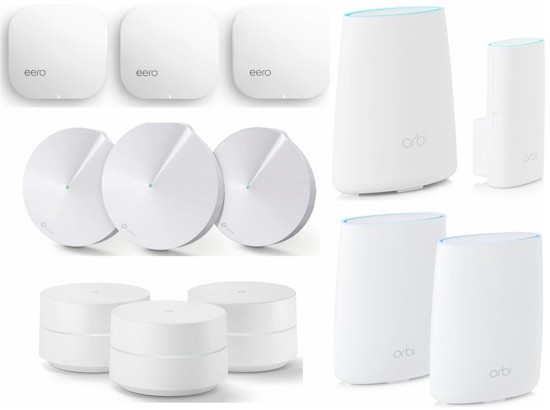WiFiNemesis
Regular Contributor
Thanks for the link. I will follow up with NETGEAR.
I checked with each manufacturer before the review to specifically ask about 11vkr support. The review reflects the answers I received.
Firmware version tested is found in the Finder. I will add it to the review.
Retest of Amplifi, Luma, Velop is a matter of priority vs. testing new products.
I have Lyra under test. Not impressed at all with performance, or the setup experience. Something seems definitely wonky with its DHCP server.
Thanks.
Referring back to that comment thread on Amazon, the initial review also noted Lyra's slowness. ASUS provided a firmware revision that apparently addressed that problem and added some features, but it's not been officially released. Just fyi...

